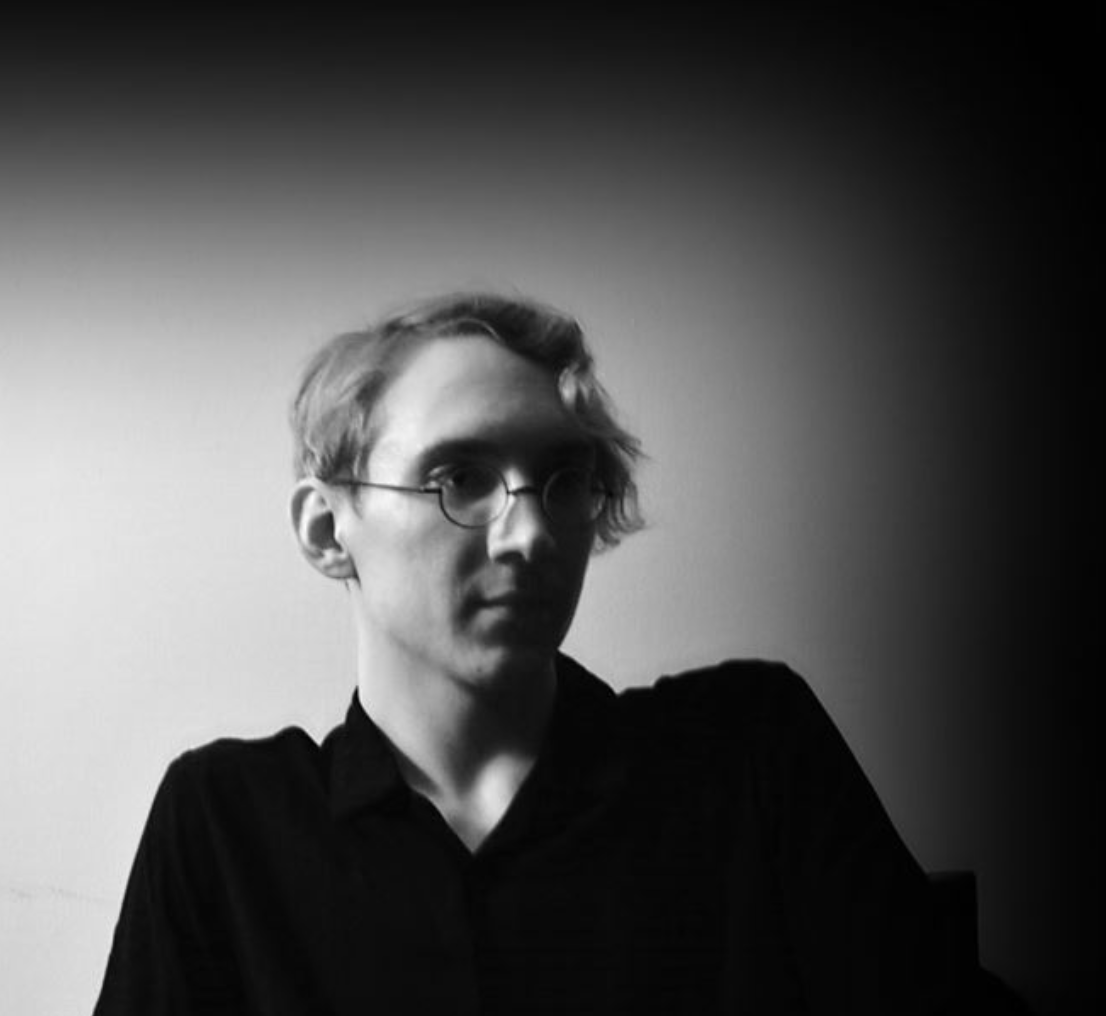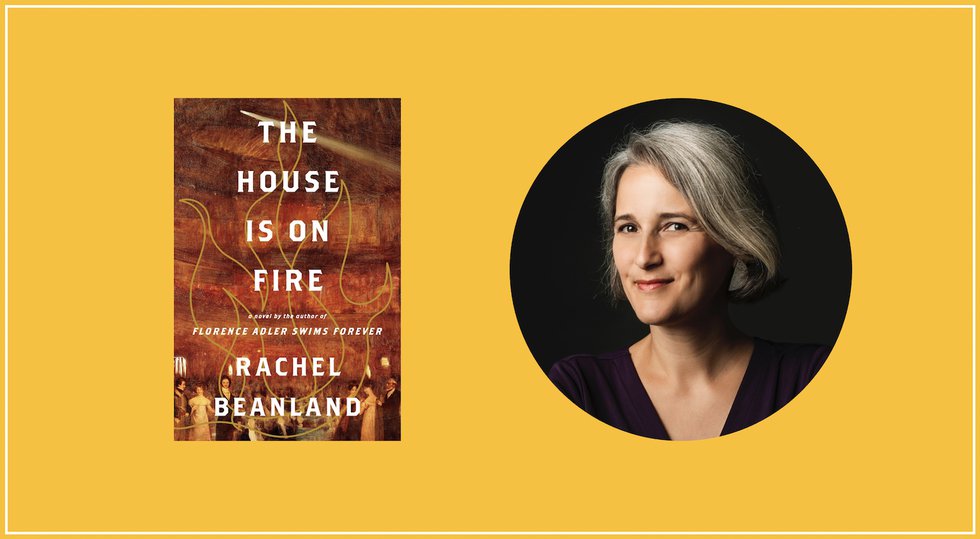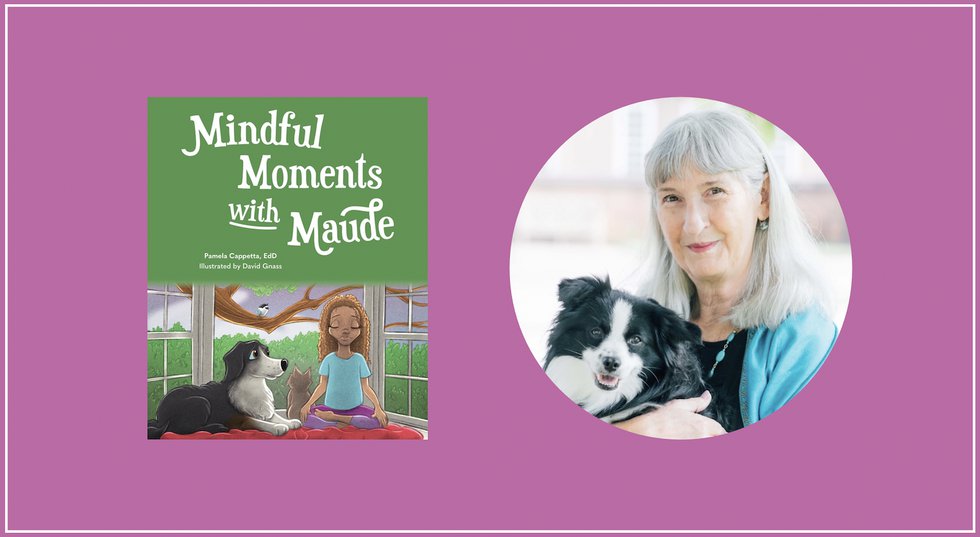The award-winning writer talks fiction, poetry, inspirations, and forthcoming books.

Honorée Fanonne Jeffers is a fiction writer, poet, and essayist. She is the author of five poetry collections, including the 2020 collection The Age of Phillis, which won the NAACP Image Award for Outstanding Literary Work in Poetry and the Lenore Marshall Poetry Prize, was longlisted for the National Book Award for Poetry.
Jeffers was elected into the American Antiquarian Society and is Critic at Large for Kenyon Review. She teaches creative writing and literature at the University of Oklahoma. The Love Songs of W. E. B. Du Bois is her first novel and was a New York Times bestseller, winner of the National Book Critics Circle Award for Fiction, longlisted for the National Book Award, and an Oprah Book Club Pick.
She will be at The Virginia Festival of the Book on March 24, 2023.
Konstantin Rega: Did you always want to be a writer?
Honorée Fanonne Jeffers: Yes and no. When I was a very little girl, I wrote stories, but also, I played piano. I truly thought I’d be a concert pianist! That’s so funny to me now. I can’t even remember how to read music anymore.
I gave up the piano about a year before I entered junior high school. Around the same time, I stopped writing stories, too. Then—I can’t remember why—I returned to writing in high school and that’s when I became quite serious about it. Maybe because I had a lot of trouble in high school. I was bullied by my peers and my home life wasn’t very happy. As a result, I suffered from extreme depression.
Maybe writing was an escape for me. I don’t know. Whatever the reason, by the time I was fifteen and sixteen, I knew in my secret heart that I wanted to be a writer. Of course, those adolescent poems and stories were awful, but by that time, I did know that I wanted to do something that involved creative writing.
It took me another ten years after high school to figure things out, in terms of becoming a writer. There were a lot of twists and turns. I’m giving you the Cliff’s Notes version of that journey. It was a difficult journey, but I’m here now, and I’m still alive and writing and I’m grateful.
What inspires you to write? Is it different for poetry vs fiction?
At this point in my life, I’m always thinking about writing. There’s never a moment when I’m not thinking about writing, from the time I rise in the morning until I fall asleep. I sleep with notebooks somewhere close to me, on my bedside table or in the bed with me. Even if I’m not actually on my laptop or putting pen to paper, I’m thinking about writing.
I can go a few days without writing, but that’s about it. I become very sad, and I feel confused about my life’s purpose if I haven’t written something—not necessarily completed anything, but just nibbling on something—after seven or eight days.

I won’t say “seek” inspiration because it’s very organic for me. Many times, I’ll write something because an idea has sparked when I’m reading nonfiction. I read a lot of history about African Americans. Those are intentional moments where I move toward inspiration.
But sometimes I will dream about something, wake up, and write it down. I thought that after the novel came out the dreams would stop. I thought my subconscious—and yes, my spirit—had been drained, because my novel was such a big book and much of it was fueled by my dreams. And for about a year, I wasn’t dreaming in that way, and I started thinking, well, I’m still writing. I can’t have everything. Then, two or three months ago, I started dreaming again and waking up with words. I was very shocked and happy. It was a wonderful moment.
I always know the difference between poetry and fiction, because with my poetry, the language is more abstract and there’s an overt rhythm to the words. Very rarely will a poem turn into a story. For me, poetry comes out in a rush. A piece of fiction takes much longer than poetry to finish. There are short stories that I’ve worked on for ten or fiction years, and the novel I just published took about eleven years from the start to line edits process.
But the feeling of closure is identical with both poetry and fiction. I always know when a story is done and it’s the same with a poem. It’s a feeling of ecstasy—more than a rush, complete joy. I can’t quite describe it, but there’s nothing like it.
What do you want readers to get out of your books?
I’m a reader myself, so I want to offer my reader the same thing I want from reading: I’d just like them to enjoy the journey of reading something I’ve written. I never want somebody to read any of my books because they feel some sense of responsibility.
My reader doesn’t owe me anything. I am the one who owes the reader—maybe not in terms of my choice of subject. But I do owe my reader a satisfactory read, a good time and I do my best to deliver that.
Whatever brings a person to a book of mine—maybe they read a review, or maybe they’re doing a “buddy read” with a friend or with a book club—I’m just glad they took the time to read my work.
With your writing, where do you think you’ll go next? A Novel, poetry collection?
My next three books are planned, but as is usually the case, these books continually morph and change until I know they are done. Right now, I’m working on an essay collection—that’s the one due out next year. After I submit that to my editor, I will turn to a short story collection—I’m nibbling on the stories, in between writing the essays. And then–in the middle of writing both those books–I’m working on a biography of the great American poet, Lucille Clifton.
I haven’t talked a lot about this much, but I have a completed poetry manuscript, too. Clifton was my mentor and she’d say, “Always be open to the word.” So, wherever the word takes me, I follow. I hope when I’m called to Glory, somebody will find a book I’ve just finished on my laptop!
What do you like best about being an author?
It’s so lovely to be able to say that people have read at least one book of mine. Honestly, that’s the best feeling, and it fills me with immense gratitude. No writer could ask for a greater gift. I’m very blessed.
Get a copy of her books at The Bookshop.









